Oct. 7, 2022
GDPiR: Kick-off meeting, Rome (Italy), October 7, 2022
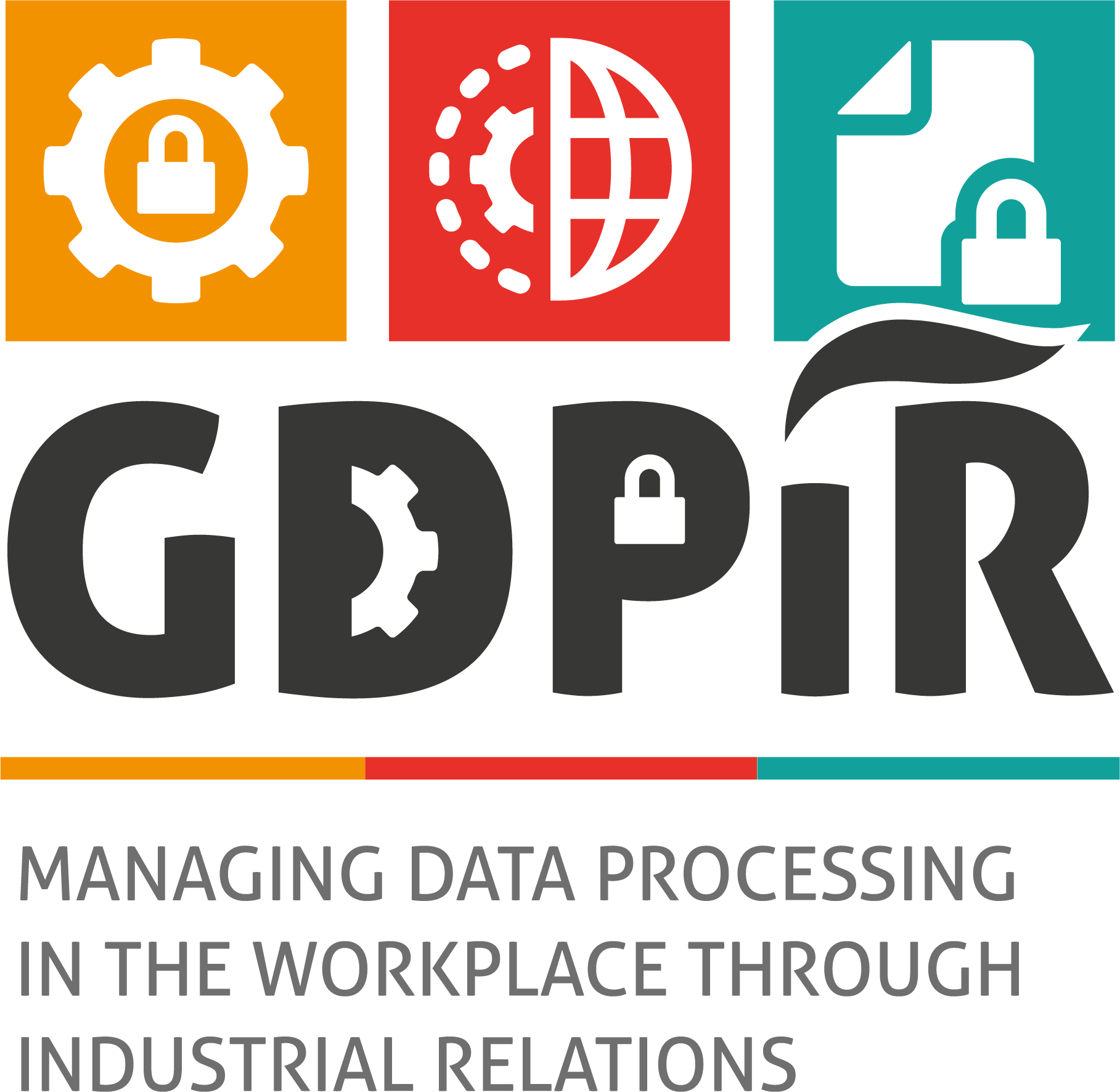
51
2022 - 2024
Project number:
SOCPL-2021-INFO-WK
This project has received financial support from the European Union
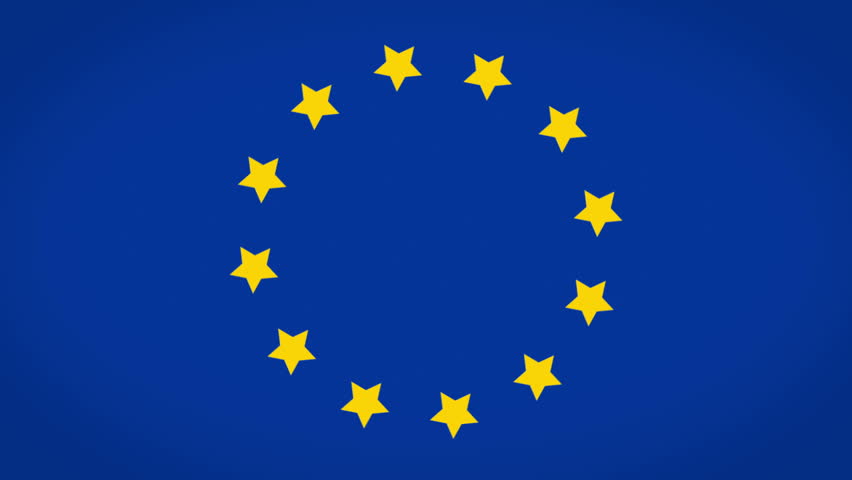
In a Communication issued in 2016, the EC stated that “data is at the centre of the future knowledge economy and society”.
Actually, datafication is one of the main features of the modern world – and the Coronavirus crisis clearly demonstrates the point – but also of the modern world of work and the ongoing Fourth Industrial Revolution (i.e. AI; IoT and people analytics).
The use of data and big data is becoming pervasive in any business, ranging from the traditional manufacturing sector (Industry 4.0) and the gig economy.
In these contexts, the use of data produced in the workplace or during the execution of work is growing in importance to inform business decision-making on organisational and HRM practices: sometimes, also automated processes are deployed.
Subsequently, workers, both as individuals and members of a group, are directly impacted and trade unions at national and international level are becoming increasingly aware of the need to play a role in the management of data processing in the workplace (UNI Global Union, 2018; but, also, Business Europe and ETUC, 2020).
Therefore, they are starting to understand that risks and potentials of data go hand in hand, so that a defensive approach against the risks of pervasive control on workers should be integrated by a proactive approach to ensure that data are used to the benefit of both firms’ and workers’ interests.
However, this will be possible only if trade unionists and workers’ representatives, at different levels, have specific knowledge of the possible uses of data by businesses, the legal prerogatives they are entitled with and the role they should play in this field, by also having regard for the normative framework of data processing in workplaces.
Stemming from this background, the idea underlying this project is to provide workers’ representatives with adequate information and training in order to manage the dynamics connected to workers' data processing and overall data processing in the workplace.
Providing workers’ organisations with the proper skills to effectively address the challenges posed by data and big data (IA, IoT, people analytics), thus contributing to fill a gap in the praxis of industrial relations, is the main rationale of GDPiR: Managing Data Processing in the Workplace through Industrial Relations.
By deepening the issues related to data processing in the workplace and, specifically, the role and prerogatives exerted by trade unions and workers’ representatives, GDPiR aims at improving collective bargaining and social dialogue initiatives in this field and enhancing the adoption of collective solutions for the protection of workers’ rights in the midst of technological surveillance and a sustainable digital transformation.
The objectives of this project include:
4. To promote collaboration between scholars and practitioners on data processing, considering the persistent lack of knowledge of the issue among trade unionists and its increasing importance in modern workplaces.
5. To provide workers’ representatives and trade unionists with the skills required to effectively negotiate and participate in the process of digital transformation with specific reference to datafication.
The lead partner of the project is the Italian Metalworkers Federation of the CISL, the Italian Confederation of Workers' Unions.
Official project website: https://hiva.kuleuven.be/sites/gdpir/
Project partners:

ADAPT
Web

Universidad Carlos III de Madrid
Web
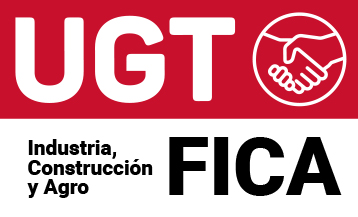
La Federación de Industria, Construcción y Agro de la Unión General de Trabajadoras y Trabajadores
Web
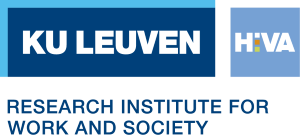
HIVA - Research Institute for Work and Society
Web

University of Amsterdam
Web
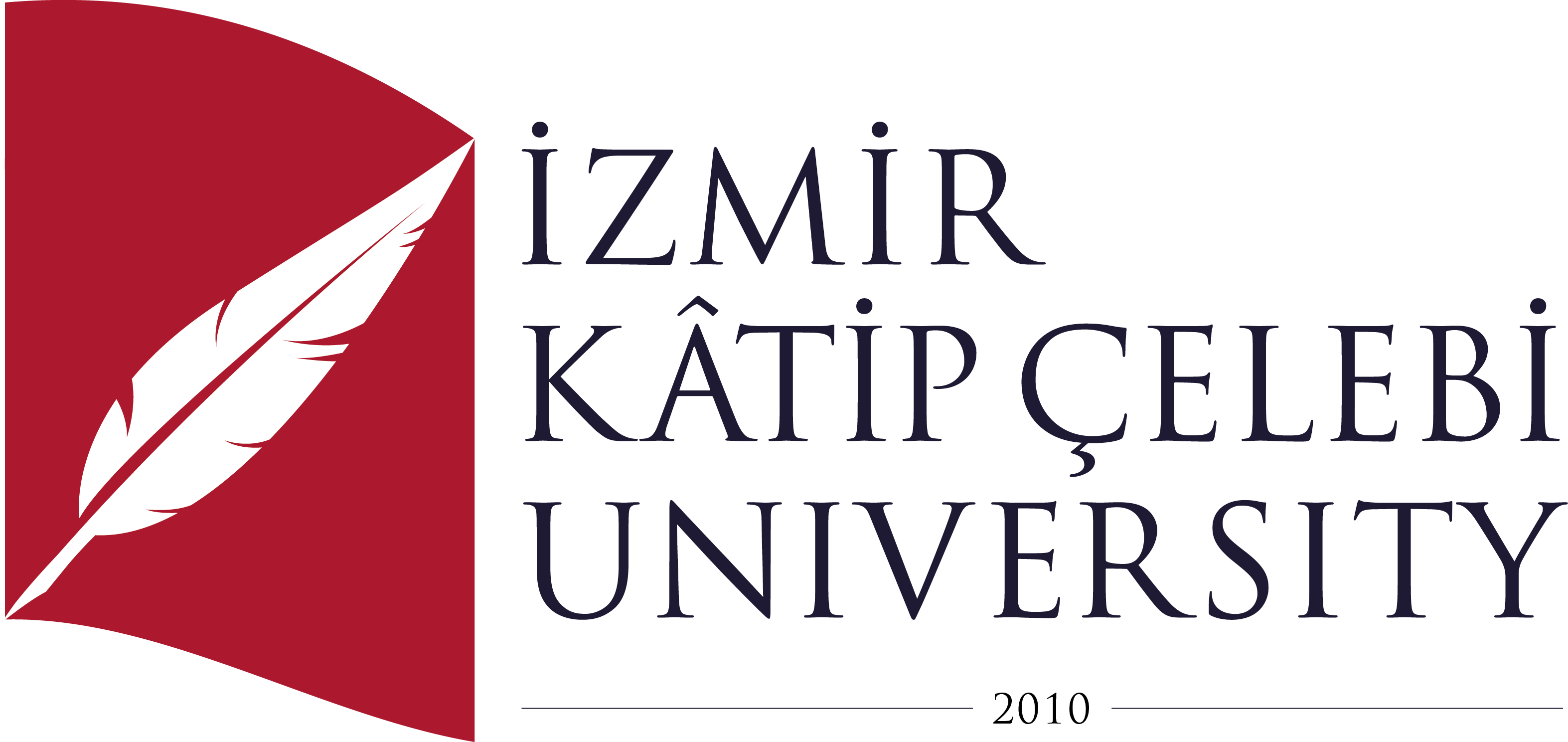
Izmir Katip Çelebi University
Web

urkiye Metal, Celik, Muhimmat, Makina, Metalden Mamul Esya ve Oto, Montaj ve Yardimci Isciler Sendik
Web
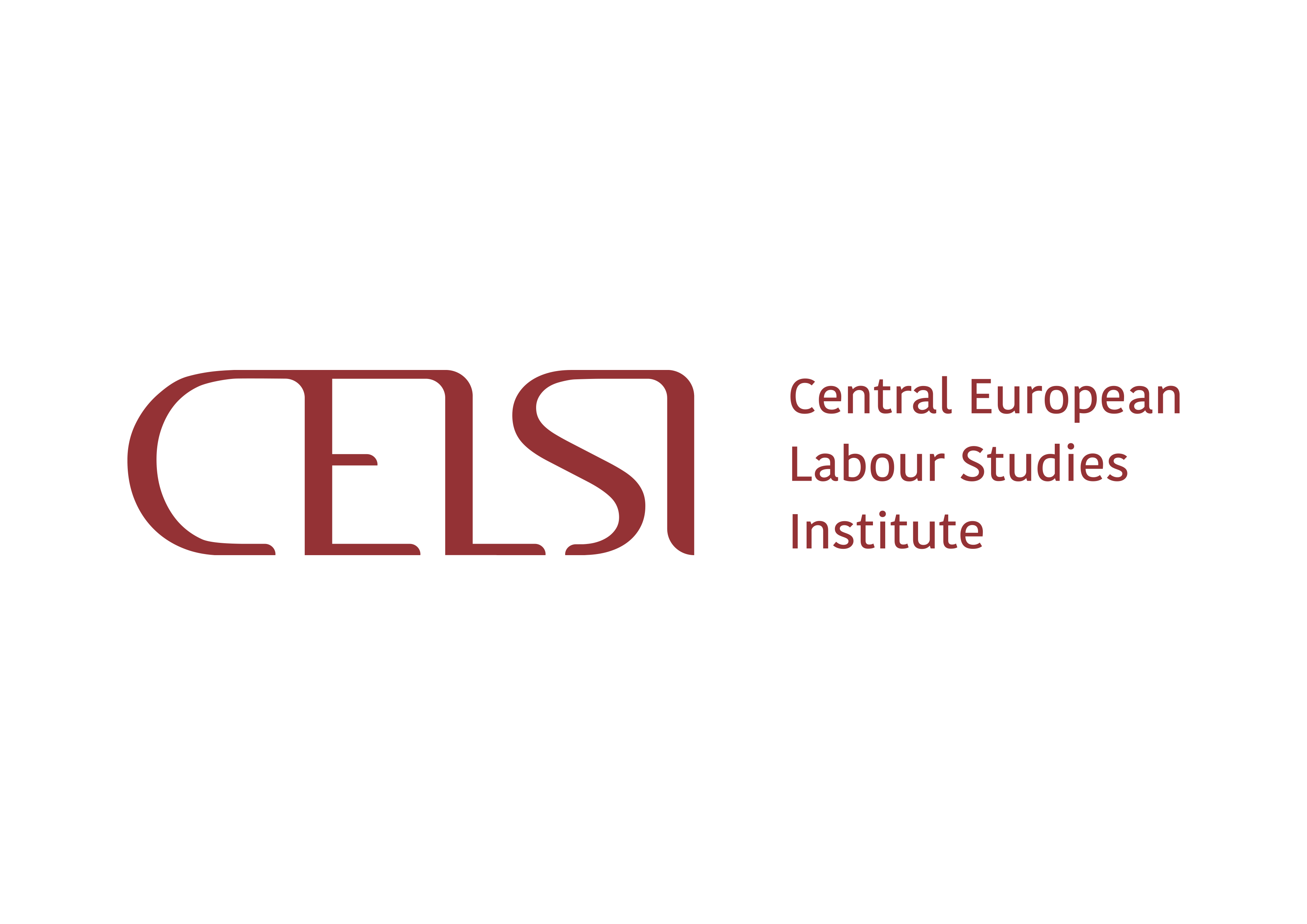
Central European Labour Studies Institute (CELSI)
Web